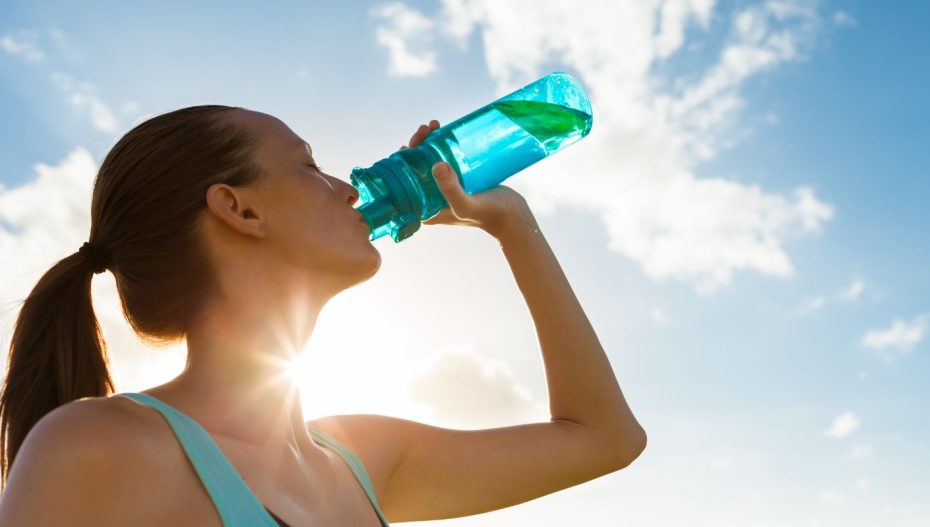With a heat wave projected in the country this summer, it is important to deal with a common fallout of intense heat, dehydration.
Dehydration occurs when the body loses more fluids than it consumes. This can lead to an imbalance in essential minerals and electrolytes which can impact bodily functions adversely.
It is important to know the symptoms and causes of dehydration and how to prevent it. Read on to find out more…
Causes of dehydration
- Not drinking sufficient fluids, in hot weather or during physical activity
- Intense physical activity, fever, or hot weather can cause excessive sweating, leading to fluid loss
- Diarrhoea and/or vomiting can lead to quick loss of fluids
- Frequent urination due to certain medical conditions or medications can lead to fluid loss
- Consuming alcohol and caffeine have diuretic effects, increasing urine production and contributing to dehydration
- Certain illnesses such as diabetes, kidney disease, and infections can increase the risk of dehydration
Symptoms to watch out for
Feeling thirsty is the first signal of dehydration. Dry mouth and cracked lips are common symptoms of mild dehydration. Dark, concentrated urine is due to dehydration. Dehydration can cause fatigue and dizziness, headaches and migraines, confusion, irritability and muscle cramps. In infants and young children, sunken eyes may indicate dehydration.
Preventive steps
Limit alcohol and caffeine consumption. Instead, consume foods with high water content, such as fruits and vegetables. If exposed to hot weather, take regular breaks in shaded or cool areas. Monitor fluid losses due to sweating, vomiting, or diarrhoea, and increase your fluid intake accordingly.
By taking these proactive steps, you can maintain optimal hydration levels and promote overall health and well-being through the hot summer months.
Also Read: Blind Chess Champ Denied Reward Money, Appeals To HC












